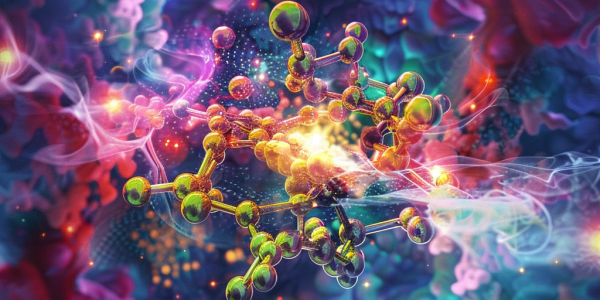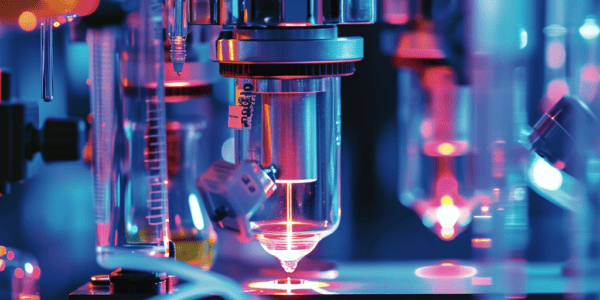Breakthrough Study Reveals Mechanisms of CO₂ Reduction Using Ni-N-C Catalysts
A groundbreaking study reveals how nickel and nitrogen co-doped carbon (Ni-N-C) catalysts can effectively convert carbon dioxide (CO₂) into carbon monoxide (CO), offering significant industrial applications for reducing greenhouse gas emissions. Led by the Max Planck Society, researchers employed advanced techniques to uncover the mechanisms behind CO₂ reduction, paving the way for innovative sustainable technologies that transform CO₂ into valuable resources.
Advancements in Catalysis Technology
Chemical catalysis is a crucial technology with a significant impact on various aspects of daily life, including plastics manufacturing, drug synthesis, and the production of fertilizers and fuels. It is estimated that over 90% of chemical products are manufactured using…


